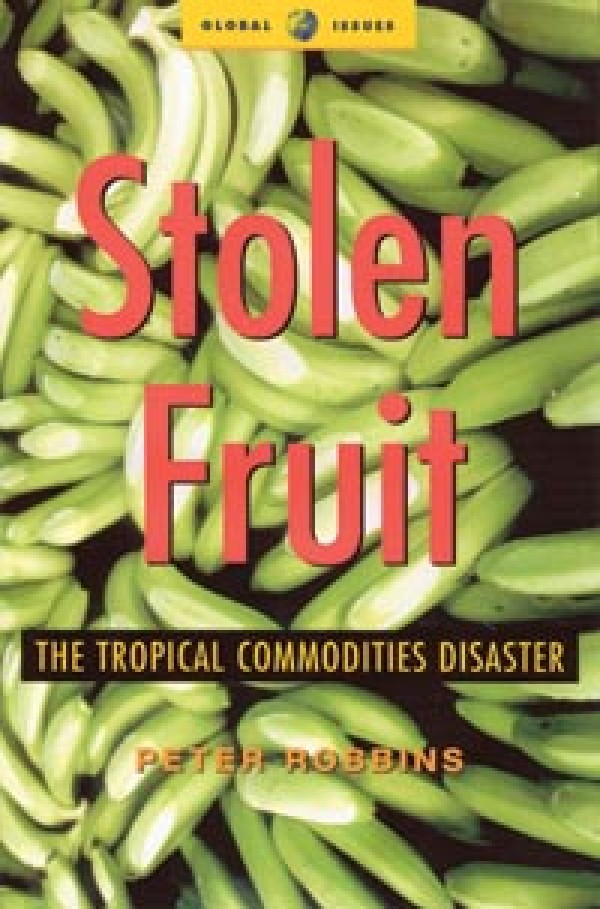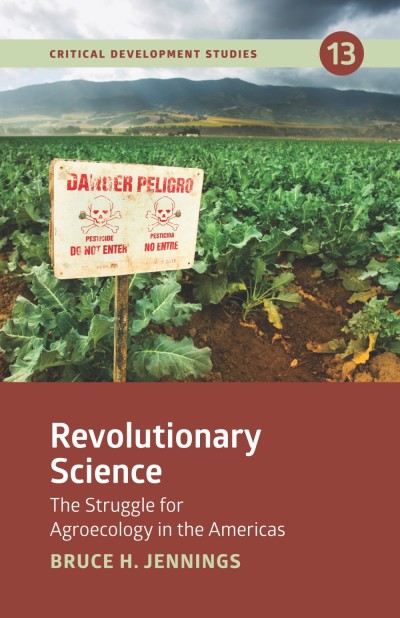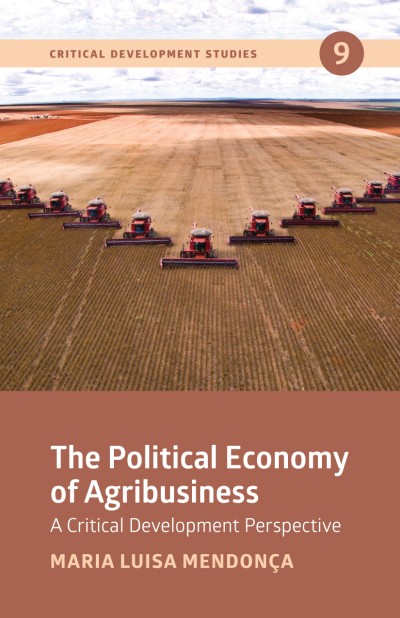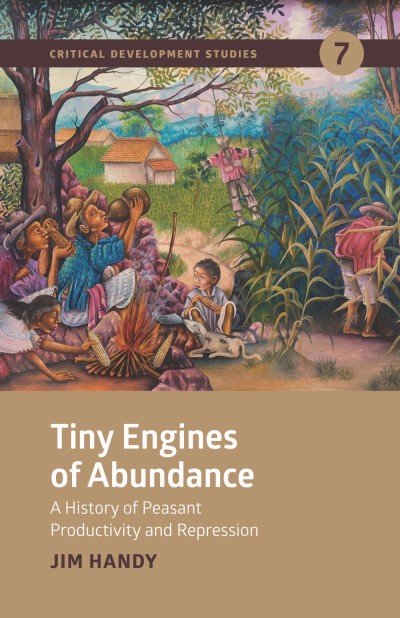
Stolen Fruit
The Tropical Commodities Disaster
An expert analysis unveiling the stark reality behind the meager returns received by small farmers in developing nations for their valuable exports. Robbins emphasizes the urgency for a reimagined equilibrium between supply and demand to uplift these economies from the brink.
About the book
Many countries in the South have been encouraged to grow coffee, sugar, cotton and other crops, but small farmers get only a tiny share of the final price of these commodities in the North. As prices collapse, the terms of trade between North and South have widened. This investigation, by one of the leading authorities on commodity trading, analyzes the current trading arrangements and their disastrous effect on foreign exchange earnings, tax revenues and economic growth in developing countries. Possible solutions are being proffered–from exploitation of niche markets to more radical notions like fair trade–but Peter Robbins shows how they all fail to measure up to the scale of the disaster facing the Third World. He argues that developing countries must bring supply and demand into a better balance that will secure far higher and more stable prices than today.
What people are saying
Professor Raphael Kaplinsky, IDS, Sussex“Peter Robbins presents a comprehensive picture of the fall in global commodity prices, its impact on global poverty and of the factors underlying this crisis. In itself this is an important contribution to knowledge. But much more important is his reminder that this crisis in prices and incomes arises from the workings of a market system with a growing asymmetry of power. … The analysis is made more credible and vivid by the author’s first-hand experience in commodity trading and by his welcome subjective and accessible style of writing.”
Contents
- Crisis
- A Brief History of Primary Commodity Production in Developing Countries
- Current Innovations for Improving Income from Tropical Commodities
- Towards a New Initiative for Supply Management of Primary Commodities for Developing Countries
- The Benefits of the Management of Supplies of Tropical Commodities
- International Rules Affecting Supply Management Programs
- The Task Begins
- A Personal Account
- Annex: The Uses of Tropical Commodities in the Modern World



_cover-FINAL_400_618_90_s.jpg)









